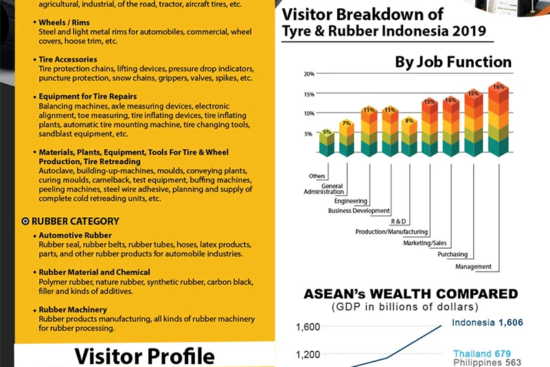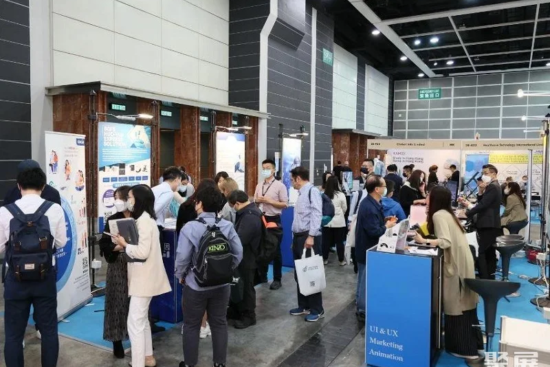
When considering Venezuela in the context of U.S. export controls and sanctions, it is important to grasp some basic aspects, such as the specific sanctions in place and Venezuela’s status under the International Traffic in Arms Regulations (ITAR) and the Export Administration Regulations (EAR).
Venezuela is subject to strict restrictions and controls under the International Traffic in Arms Regulations and the Export Administration Regulations due to U.S. foreign policy and national security concerns. Venezuela has been subject to U.S. sanctions since 2005 targeting the government of Nicolás Maduro (and before that, Hugo Chavez) and individuals who engage in criminal activity, corruption, and anti-democratic behavior. These sanctions include not only sanctions on Venezuelan individuals and entities, but also industry and financial restrictions.
Venezuela and the International Traffic in Arms Regulations
Venezuela is included on the 126.1 Prohibited List under the International Traffic in Arms Regulations, which prohibits imports, exports, and sales from certain countries. The list is determined by three key factors: 1.) United Nations Security Council sanctions prohibiting exports and sales to certain countries; 2.) prohibiting the export or temporary import of defense articles or services to countries designated by the Secretary of State as state sponsors of terrorism; and 3.) countries subject to a U.S. arms embargo.
Venezuela specifically falls under category d(1) of the Denied List, which refers to a policy of denying defense articles and defense services to Venezuela. In addition, the United States prohibits all commercial sales and retransfers of arms to Venezuela under the ITAR. It is important to note that if an arms embargo is imposed under the ITAR, it also applies to the EAR, even if it is not yet reflected in the regulations.
Venezuela and the Export Administration Regulations
Venezuela is included in Country Group D under the Export Administration Regulations (EAR). Venezuela’s inclusion on this list also means that exports and re-exports to Venezuela and transfers within Venezuela are not eligible for specific license exceptions outlined in Part 740 of the EAR. Countries classified as this group face more stringent restrictions and are generally eligible for fewer license exceptions. This inclusion is based on national security concerns and is intended to curb these countries’ ability to proliferate weapons of mass destruction (WMD), ballistic missiles, and munitions. Specifically, Venezuela has been identified as a country of concern in all five subgroups D:1-D:5 of Country Group D. These subgroups include:
- D:1: National security issues
- D:2: Nuclear proliferation concerns
- D:3: Chemical and biological diffusion problems
- D:4: Concerns about the proliferation of missile technology
- D:5: Countries subject to US arms embargo
More information on the impact of country groups and other country lists under the EAR can be found here.
Venezuela is also affected by EAR Section 744.21, which controls certain items detailed in Supplement 2 to Part 744, and controls the export, reexport, and in-country transfer of such items when it is known that the items are intended for a military end use or military end user in Venezuela (or certain other countries). Section 744.22 similarly requires a license to export, reexport, or transfer all items subject to the EAR to Venezuela when they are intended for a military intelligence end use or military intelligence end user.
Exporters to Venezuela must submit Electronic Export Information (EEI) for items subject to the EAR in the Automated Export System (AES). This applies to all exports to Venezuela of items on the Commerce Control List, regardless of value.
US sanctions on Venezuela
With respect to sanctions on Venezuela, the Trump administration imposed further targeted sanctions in 2019. Specifically, the United States imposed sanctions on the Maduro government through Executive Order (EO) 13884. The order prohibits U.S. persons and entities from transacting with the Venezuelan government unless expressly authorized by the Office of Foreign Assets Control (OFAC). However, the Venezuelan people are not subject to comprehensive U.S. sanctions. U.S. persons may still export or re-export goods to Venezuela, as long as they avoid transacting with sanctioned persons or entities and refrain from prohibited activities. Persons involved in such exports and re-exports should also consult with the U.S. Department of Commerce’s Bureau of Industry and Security to ensure compliance with its regulations regarding export and re-export eligibility.
It is also important to note that Executive Order 13884 does not prohibit transactions with the Venezuelan government involving food, medicine, clothing, and other items used to alleviate human suffering. In this regard, OFAC has issued General License No. 4C, which permits such transactions, including the export and re-export of pharmaceuticals, medical devices, agricultural products, replacement parts and components for medical devices, and software updates for medical devices to Venezuela, or to third-country persons who purchase the items for resale to Venezuela.
In 2024, OFAC amended the licenses to authorize certain transactions with Venezuela. Under the Biden administration, these licenses were intended to encourage the Nicolás Maduro government to hold fair and competitive elections. In 2022, OFAC allowed Chevron to resume its work with Venezuela’s state-owned oil company, PdVSA, and issued a license to resume oil imports and exports. Subsequently, in 2023, Maduro and the opposition signed the Barbados Agreement, which focused on a path to conduct fair elections. Subsequently, General License No. 43 (authorizing transactions with Minerven) and General License No. 44 (authorizing transactions with the oil and gas sector) were issued. However, due to the undemocratic practices of the Maduro government, OFAC amended these licenses in early 2024 to GL 43A (termination of transactions with CVG Compania General de Mineria) and GL 44A (termination of operations in the oil and gas sector).
Most recently, on May 10, 2024, OFAC issued General License 8N, which allows for certain transactions that were previously prohibited under the Venezuela Sanctions Regulations. This license replaces the previous General License 8M and is valid until November 15, 2024. The license allows limited transactions with Venezuela’s state-owned oil company PdVSA under certain conditions and facilitates the wind-down of certain entities’ operations. The license allows companies such as Halliburton, Schlumberger Ltd., Baker Hughes Holdings LLC, and Weatherford International to conduct necessary maintenance or wind-down activities with PdVSA, provided those agreements were in effect before July 26, 2019. However, the license does not authorize activities such as drilling, processing, purchasing or transporting Venezuelan oil, repairing facilities, and paying dividends to PdVSA. The measure is designed to enable limited interactions while maintaining broad restrictions on business activities with PdVSA.
These sanctions and regulations are likely to change as the political climate in Venezuela changes, particularly with the upcoming elections scheduled for July 28, 2024. Although the strengthening of the democratic process may not be evident in these elections, U.S. sanctions and export controls on Venezuela appear to have been relaxed and may continue to be relaxed depending on the election results.
resource
Do you have questions about export controls for your organization?
Visit www.learnexportcompliance.com to learn about our company, our faculty, our staff, and our highly regarded Export Compliance Professional (ECoP®) certification program. To find upcoming e-seminars, live seminars in the U.S., Europe, and elsewhere, and live webinars, and to browse our catalog of more than 80 on-demand webinars, visit our ECTI Academy. You can also call the Export Compliance Training Institute (540-433-3977) for more information.
Maria G. Ferree is an Export Control Assistant at ECTI












Leave a Reply Cancel reply
You must be logged in to post a comment.